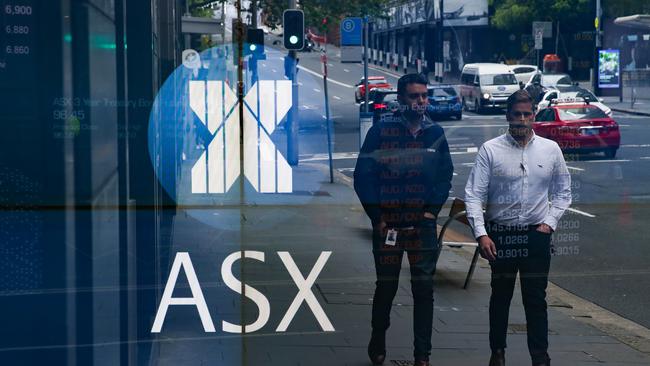
Vast sections of the Australian business community are experiencing an unprecedented boom that is fuelling inflationary momentum which is being further driven by the efforts of the Employment Minister Tony Burke to achieve big wage rises.
There will be a downturn next year as a result of the recent interest rate increases but the combination of the boom and the employment minister is creating an inflationary roller coaster which Treasurer Jim Chalmers is unlikely to be able to curb via next week’s budget.
He will almost certainly cap the amount of money that individuals can hold in a superannuation fund to $5m but that will not raise the substantial sums being predicted because already the legal tax minimisation industry is moving into full swing.
Australian statistics are notoriously slow in reflecting trends so the current boom relies on anecdotal evidence as we await revelation of the corporate profits achieved in recent months. But the business engine room of Australia is small and medium business and few know it better then Ross Cameron of Cameron Research.
The family business community know him and tell him what is actually happening and, as I set out below, the inflationary pressures building up are substantial.
When Reserve Bank governor Philip Lowe combines the Cameron Research and the inflationary impacts of the employment minister he will know that if inflation is to be returned to 2-3 per cent then he will almost certainly need to increase interest rates much further than he had originally hoped and therefore create a much more severe downturn than is currently envisaged.
Lowe will almost certainly recall the prediction of his predecessor Ian Macfarlane that the current Reserve Bank board my need to settle on limiting the inflation rate to 4 per cent, rather than the current 2-3 per cent target.
What is happening in the family business Australian engine room is being duplicated in many large companies which, like family business, are counting the big profits achieved in the last three months.
The Cameron Research found;
- Many businesses continue to do extremely well. Demand is strong.
- They talk about cost pressure, but they are able to pass this through in the form of higher prices. Even those that don’t particularly “need” to raise prices are doing so – because they can. (I find that chilling)
- Some have seen business conditions soften a little in the past few weeks … but this is not yet at a point where it is especially significant, and certainly not being felt by all
- Some talk about watching the news, hearing that the economy is in trouble, yet their business is booming. They see a serious disconnect – but realise that good news doesn’t sell papers. (I add that they clearly think the CBA Bank predictions are wrong)
- But in line with this ‘bad news story’ in the media, while they feel confident about 2023, they are still a touch cautious.
Clearly many enterprises in the catering and building area have suffered but this steel processor/retailer sums up so many family businesses: “It’s been another great year. It’s just been mind blowing. It’s been a strong few years and this year really was a cherry on top, I couldn’t believe it. You hear about staff shortages – maybe you’ve just got to get in and do it yourself and you don’t rely on other people as much … I mean, it’s hard work, it’s been a tough 12 months but I think it’s paid off.”
Over in the US the combination of high American inflation and the squeeze on liquidity which I discussed earlier this week under the heading “Many lessons from the great 1987 share crash” is causing the US 10-year bond rate to power above 4 per cent.
The US 10-year bond rate is a global interest rate marker and governs what Australian banks pay when borrowing overseas.
Just as world money markets overrode the intentions of new UK Prime Minister Liz Truss, so they will be watching what is happening in Australia.
They will not take kindly to the remarks of the employment minister and will be demanding that Chalmers introduce a tough budget.
Australia no longer has the crutch of a strong China economy and that is being reflected in the low iron ore price which in turn impacts corporate tax revenue although Treasury’s long-term predictions have always been around the current iron ore price rather than the boom levels of the last 12 months.
If the markets are not satisfied with the Australian government efforts then, as in the UK, our dollar will be crunched and overseas borrowing will become even more expensive.
It is not easy for the sharemarket to equate the current profit boom with what might happen next.








The recent rise in the Australian sharemarket was driven by local forces as much as the momentum from America.